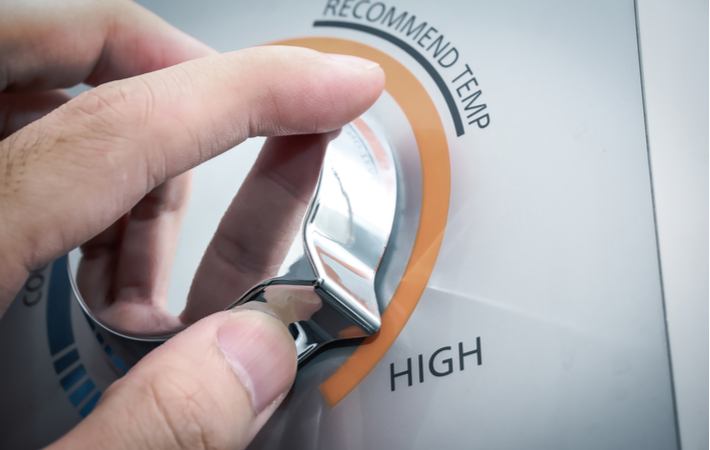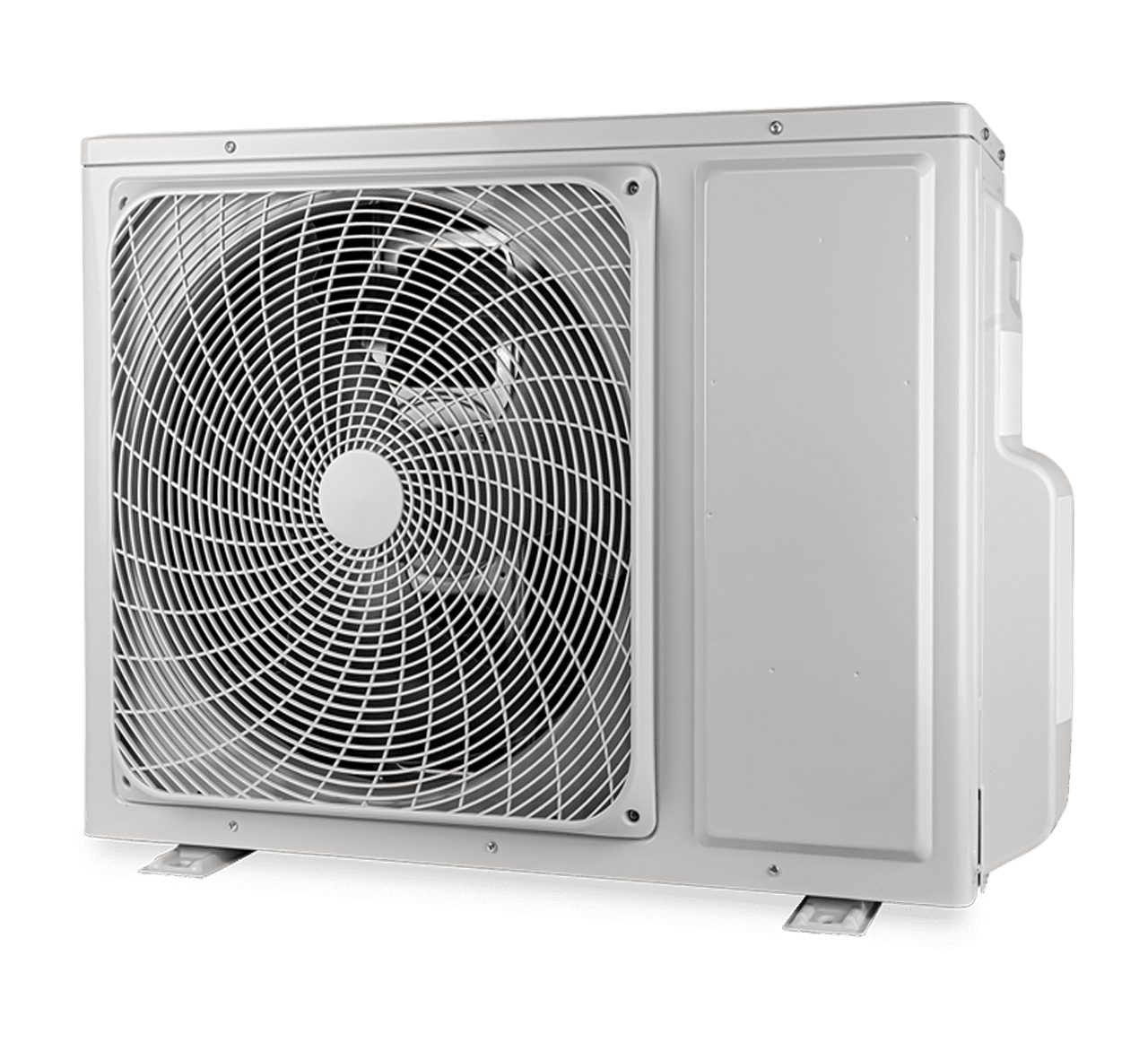Everything You Ever Wanted to Know About Water Heaters

Everything You Ever Wanted to Know About Water Heaters
Water heaters are something you likely don’t think about a lot until you can’t get any hot water. Just like your furnace or other home appliances, however, it’s important to think about (and check on) your water heater regularly.
What is a Water Heater?
As the name suggests, a water heater is an appliance used to heat your water. When you turn a tap from cold to hot, your water heater is what changes icy cold water into warm water for your sink, shower, dishwasher, or washing machine.
Types of Water Heaters
Traditional (Tank) Water Heaters
Most homes have a tank water heater. They are usually located in your basement in the furnace room, tucked beside your furnace. In most Ontario homes, water heaters run on natural gas or electricity.
The water heater itself is an insulated tank that heats water and then stores it for future use. When you turn on your tap, the hot water is transported from the tank to your faucets through your pipes, supplying your family with hot water.
Tankless Water Heaters
Tankless water heaters are less common than tank models, but they are becoming increasingly popular. Many families are choosing tankless water heaters because of their high performance and increased energy efficiency.
Also known as on-demand water heaters, tankless water heaters only heat the water you use. That means you’re only using energy (and money) to heat the water you actually need. Tankless water heaters also have the added benefit of providing a more consistent flow of hot water.
If you like to take long showers, you don’t have to worry about using up all the water in the water tank. That being said, you can wind up with cold water if many people in your home want hot water at the same time.
So, why don’t more people get tankless water heaters? While they use between 8% and 14% less energy, tankless models are typically more expensive than traditional models, both to buy and install. Tankless water heaters can be expensive to install, especially in older homes. Still, if you do decide to go with a tankless model, they usually last 5 to 10 years longer than their traditional counterparts.
Common Sources of Water Heater Issues
If your relaxing shower has turned shockingly cold, you could have a water heater problem. To help you rectify the situation, check out the following list of common culprits.
Temperature Setting

It seems obvious, but it’s worth double-checking. Just like your furnace is controlled using a thermostat, your water heater’s temperature can also be manually adjusted. Verify that your water heater’s temperature setting is correct and that it hasn’t been tuned down or up.
For most houses, the temperature should be set to 54°C and no lower than 49°C to prevent bacteria growth. Many homes have their water heater set to 60°C, which not only depletes your hot water faster but can cause burns, especially in children.
Excessive Use
You may not have a water heater problem at all; you might just be using more hot water than your unit can produce. Some easy ways to cut back on your home’s hot water use include:
- Install a low flow showerhead
- Fix leaky faucets
- Use cold water when doing laundry
- Upgrade appliances (dishwasher, washing machine) to high-efficiency models
- Use the “vacation mode” setting on your water heater, or turn the temperature to 49°C
Anode Rod
Your hot water tank contains an anode rod to help prevent rusting. If the anode rod wears down or breaks, you could wind up with cloudy or murky water. You may also notice an unusual smell.
Anode rods are relatively inexpensive and easy to replace on your own and can be purchased from most home improvement stores. If you need a hand replacing it, one of our experienced technicians is here to help.
Energy Source
The problem may not lie with your unit, but with your energy source. For gas-powered water heaters, the pilot light could go out, preventing the water heater from turning on when you run out of hot water. You’ll know you have this issue if the flame is yellow or orange (it should be bright blue).
Electric water heaters can also have issues. The first thing you should check with an electric water heater is the circuit breaker for a power trip.
Water Leaks
There are many reasons your water heater might be leaking. Issues with the pressure release valve, cap, or heater itself could all be what’s causing the leak.
Proceed with caution whenever you notice a leak from your water heater, as the water can be very hot. In this situation, it’s safest to call a professional.
If you have a concern about your water heater, Boonstra Heating and Air Conditioning is here to help. We have over 55 years of experience and can help you find the right water heater solution for your home, from routine repairs to installing a tankless model. Contact us to speak to a home comfort advisor today.
